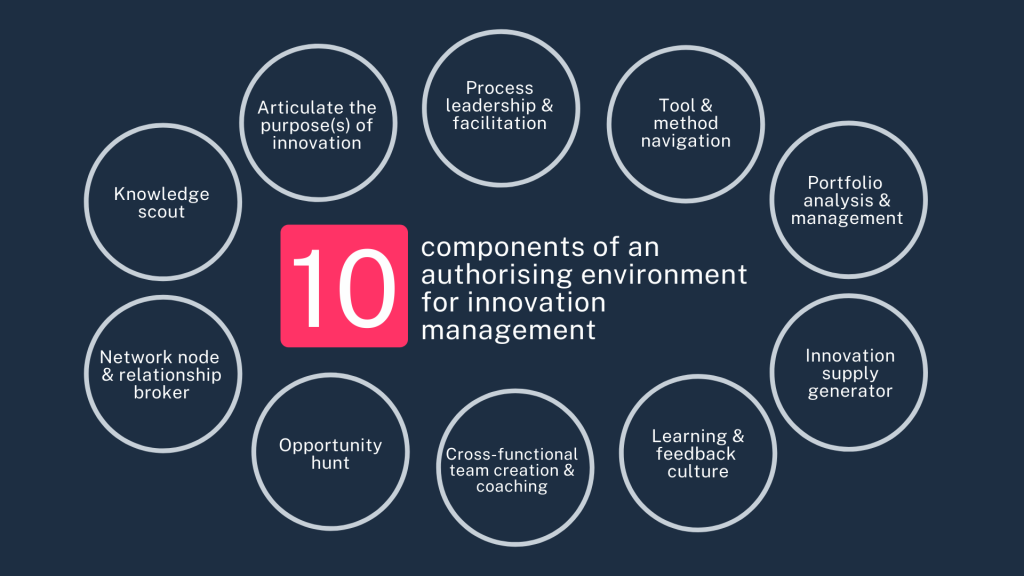
Blog
Is innovation the natural habitat of a risk manager?
Written by Frédéric Baervoets | 25 April 2024
This website was created by the OECD Observatory of Public Sector Innovation (OPSI), part of the OECD Public Governance Directorate (GOV).
Validation that this is an official OECD website can be found on the Innovative Government page of the corporate OECD website.

About Innovation Management
Across the world, individuals, businesses, not-for-profit organisations and governments are thinking about innovation and how it can be harnessed and systematised to achieve growth or create value in organisations, public administrations, and in innovation ecosystems. Despite the existence of many individual examples of successful innovations, there are far fewer examples of organisations consistently and systemically innovating over the long term. A systematic approach to innovation in organisations involves a combination of capacities, processes, functions and approaches. As innovation involves novelty and emergence, managing it might sound counterintuitive. However, innovation can and should be managed, as good innovation management practices and capabilities secure and strengthen the effectiveness and longevity of innovation activities.


Innovation management is a concept which speaks to the systematic management of and support for innovation efforts in organisations, including how it can be operationalised. Innovation management spans across a number of domains, from finance to capacity building, and is becoming an increasingly formalised practice in organisations across the world. This including new “innovation manager” roles and competencies specified in formal human resources management systems. At the international level, several efforts have been made to standardise the practice of innovation management, including through the development of an ISO standard for innovation management.

Sweden is among the world’s leading countries in terms of public sector innovation. For two decades, the nation’s innovation agency – Vinnova – has been at the heart of these efforts, working to shape a better and more sustainable future for Sweden. Vinnova recognises the powerful and crucial role that innovation can and will play in achieving this goal. To this end, Vinnova is focused on promoting innovation activities and efforts within the public sector, but also within the broader innovation ecosystem, which helps enable value creation across all sectors of Swedish society.
Every year, Vinnova supports entities across sector to undertake innovative activities, and the organisation has a consistent desire to make the most impact through the support it provides. One way this is operationalised is through the Innovation Management Support Programme (IMSP), which is focused on realising and improving innovation outcomes. OPSI has worked with Vinnova to complete a meta-analysis of the IMSP. Through qualitative analysis of perspectives from programme participants, support and service providers, and Vinnova officials, the team developed insights into the programme’s past and current design in order to help enhance its future effectiveness.
Sweden
